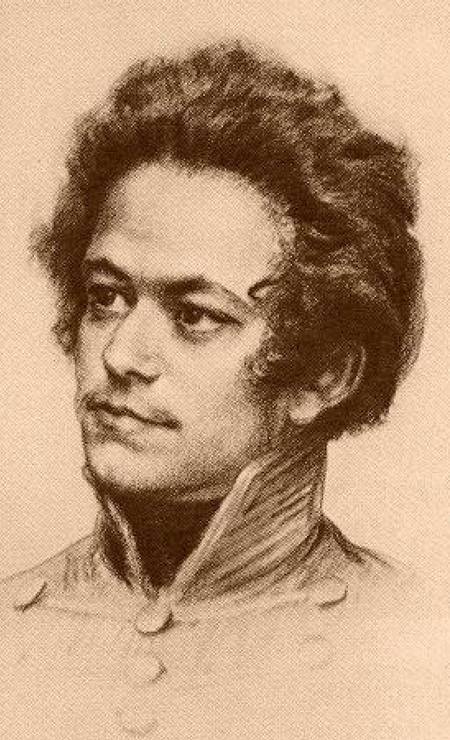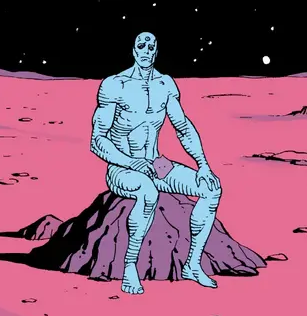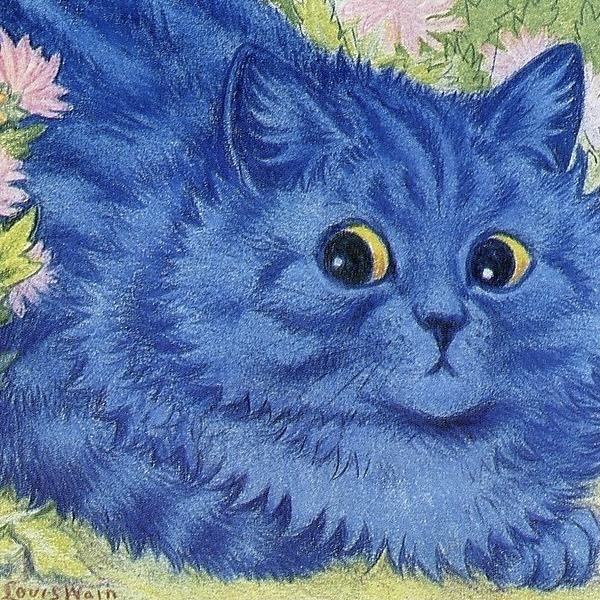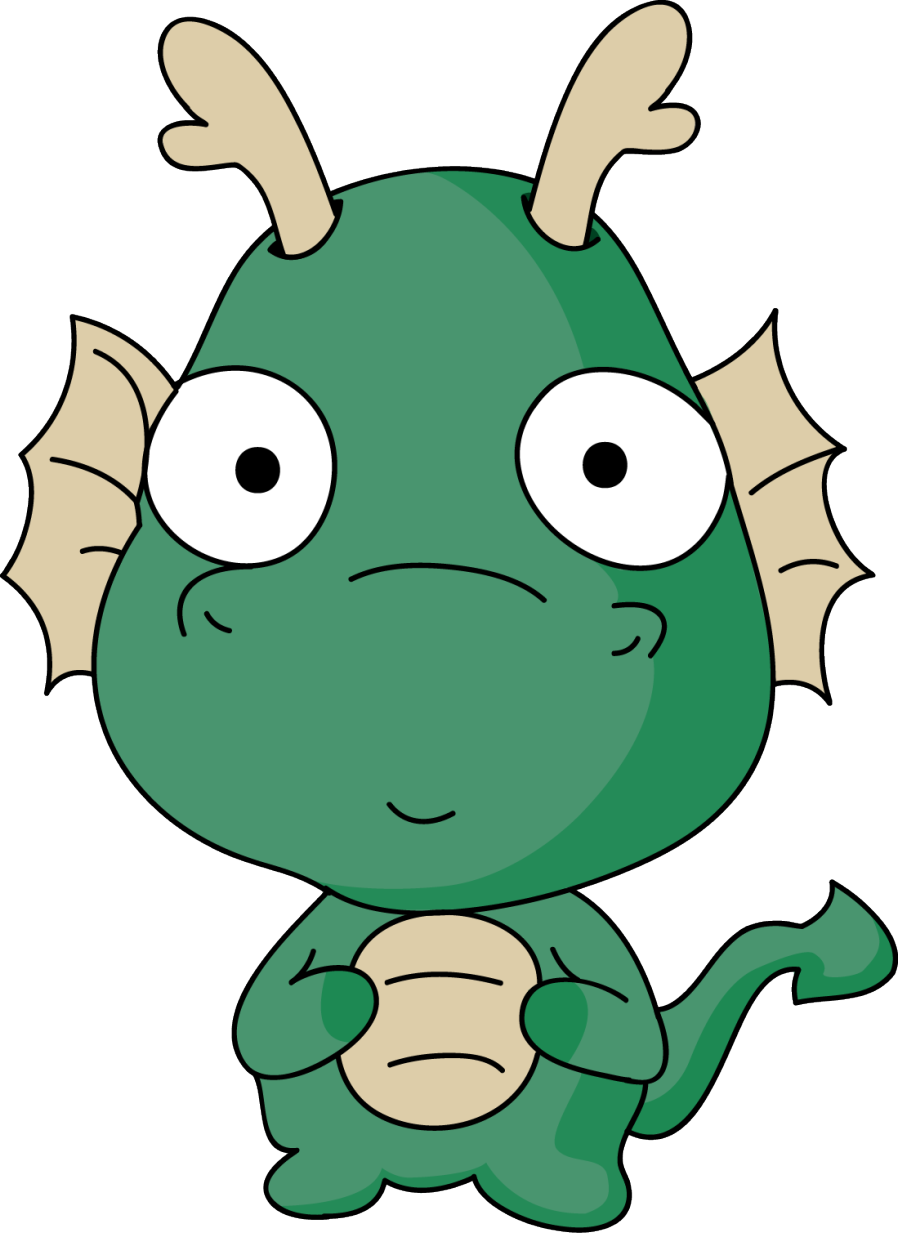I was looking for an analysis of Watchmen that isn't filled with "everyone is evil, there's no saving humanity" ![]() but I couldn't find anything that made much sense.
but I couldn't find anything that made much sense.
The obvious remarks are that Veidt is a megalomaniac "self made" bourgeois that has day dreams of being a great emperor/general, idolising the likes of Alexander the Great, Hitler, probably Napoleon even if he wasn't referenced. In his narcissistic view of the world, it's justifiable for him to commit a genocide among other additional crimes in order to achieve a peace that he supposes will be final. He is very similar to a huge CEO, much like Elon, that make the world their play toy and claims that any harm done was for the better good.
Another obvious remark is the critique of superheroes in general, as a concept of superhumans that use their natural superiority to "bring justice" to the world through brute force, when all they end up doing is enforcing the status quo just like the fascists. Their human nature makes them corruptable, strong enough to inflict massive violence on the working class but not that strong against the oppressive power of the bourgeoisie. They have physical power but their view of the world is still that of a human with no consciousness of how the world works, except the Comedian perhaps. Knowing the grim reality of the world, but unable to change it single handedly, he becomes a radical cynic and sees the world as his stage and himself as a puppet. He commits unspeakable crimes with the excuse that he is only playing his part in a dark comedy.
Dr. Manhattan essentially becomes a god, and with the massive power he gains, he also gains the "weakness" of seeing the whole universe in its entirety all at once, losing interest in the miniscule matters of a form of life in a tiny tiny part of it. This could be a way of showing why a god, if any exists, allows so much pain and misery while being powerful enough to stop it. It's because such a being would have no reference at all to the world as we see it, our pain is not more to him than specs of dust floating from one place to another aimlessly.
The working class is largely oblivious to everything going on, observing events unfold around them through the carefully written headlines of newspapers, conditioned to admire people like Veidt as the only remaining hope due to his power and benign facade. Their revolt against masked heroes is an exception that leads to the Keene act being passed, but after that they lose their revolutionary spirit, not seeing that masked heroes were but a large weapon of an already established system that still remains.
Overall I don't know if there's a single moral of the story at the end, it feels like the point of Watchmen is the whole critique done throughout the comic, and that the ending is not meant to lead to some resolution but to provoke thinking instead.
Feel free to add any thoughts
All I'm gonna say for now is I think it would've taken a living God for the US to have won in Vietnam
There's a moment when the author of "The Black Freighter" and the painter of eldritch abominations have snuck away from the party to have sex and the writer accidentally discovers the bomb that is about to kill everyone aboard the ship. The painter asks what he has discovered and his last act of his life is to not tell her and let her die in a warm mental space filled with love.
If that doesn't say something positive about the human race when confronted with mortality I don't know what does.
First time I read it, I didn't look too deep.
It just seemed like a bit grity superhero + alternate history + "Twist" story.
Years later I came across explanations that pretty much pointed out that Alan Moore was making a story criticizing the USA and heroes and such. So yeah, if you caught on that Ozymandias was pretty much Super Hitler and Dr. Manhattan was a cold and indifferent God and the rest of the heroes worked at various levels to keep a bad system going on your first read, good on you.
Its a look at what "the ends justify the means" creates at various levels of power.
Dr. Manhattan essentially becomes a god, and with the massive power he gains, he also gains the "weakness" of seeing the whole universe in its entirety all at once, losing interest in the miniscule matters of a form of life in a tiny tiny part of it.
I have a somewhat different take: even though his awareness and abilities were expanded, he was still just a person who was horribly overwhelmed by it all and even after getting used to it was still limited in how much he could process. He was never actually a god, he was just a depressed nerd trying to live up to what he thought a "god" should be. His inaction isn't a matter of losing sight of the details but of being just some overwhelmed guy who doesn't really know what to do and who's afraid to act on his own initiative because of the harm that he can cause and the shock and rejection that it meets.
After all, what does he do with his newfound power? He gormlessly follows the American government's whims and becomes a good little weapon for them, then sits down and becomes a good little engineer for Veidt. He's just deferring to other people's judgement right up until he decides he's sick of it all and decides to completely remove himself from the situation.




